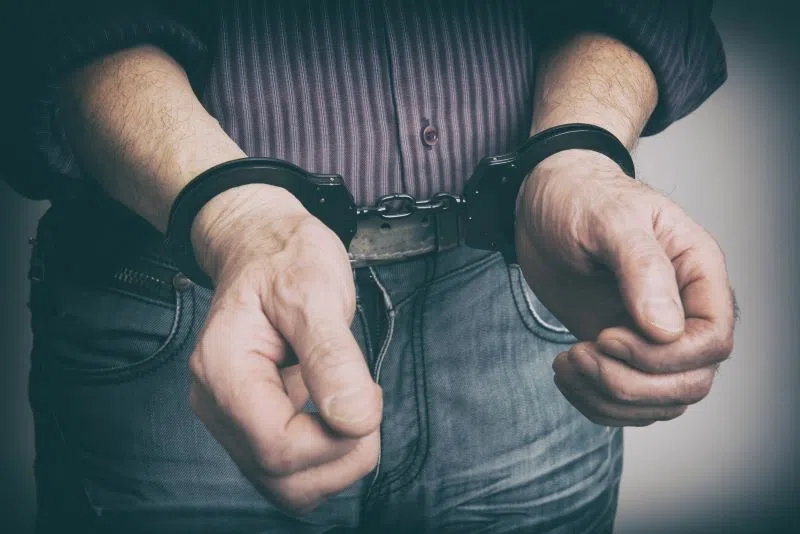The Manitoba government has introduced two bills it says are aimed at cracking down on crime.
Justice Minister Matt Wiebe announced today, “Our government is cracking down on drug traffickers and organized criminals by making it easier for police to proactively investigate their assets, seize the proceeds of crime and strike a financial blow to their organizations. We’re giving police more tools to go after people who get rich off the drug crisis and making it easier to launch investigations into criminal organizations. The action we’re taking today is a direct response to our commitment to Manitobans to get tough on crime and the causes of crime.”
The new unexplained wealth act would allow law enforcement to crack down on drug traffickers and other organized crime groups who profit from crime by requiring corporations to disclose their beneficial owners to law enforcement and other tax and regulatory bodies including Manitoba’s Criminal Property Forfeiture Branch. The amendments would also allow the director of criminal property forfeiture to use unexplained wealth orders to require the disclosure of information from not just the owner of the property but also any responsible officer, such as business partners and corporation directors.
“The Manitoba Association of Chiefs of Police (MACP) continues to support the ongoing efforts to deal with organized crime and unlawful wealth in Manitoba,” said Deputy Chief Scot Halley, Winnipeg Police Service, and president, MACP. “Unexplained wealth orders will provide a much-needed tool to deter the accumulation of wealth from organized crime and other criminal activity.”
The body armour and fortified vehicle control amendment act would make it easier for law enforcement to seize vehicles with aftermarket changes that are being used by organized crime to move money, drugs and firearms across the province and country. The legislation would prohibit the use of aftermarket hidden compartments in vehicles. These compartments have no legitimate function. They are typically added to vehicles for the purpose of concealing controlled substances, weapons and cash proceeds of crime during transport, noted the minister, and therefore facilitate drug and firearms trafficking and money laundering.









